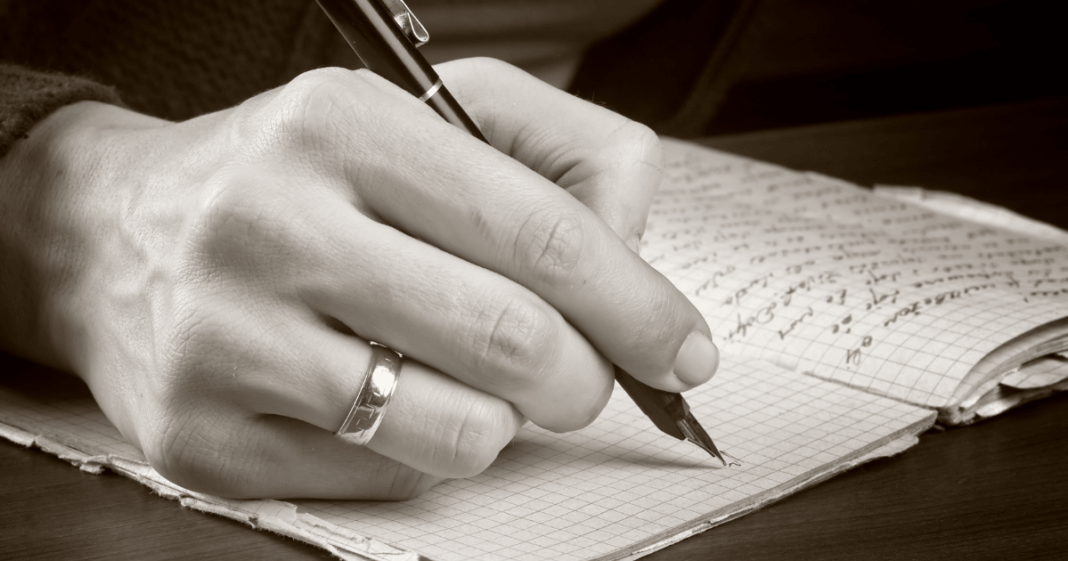Entering the fascinating world of successful writers goes beyond understanding their writing techniques—it involves exploring their reading habits. In this article, we’ll delve into the reading routines of bestselling authors, uncovering valuable insights that can inspire and inform your own literary journey.
The Role of Reading in a Writer’s Life
Before we explore the specific routines of bestselling authors, it’s crucial to grasp the profound significance of reading in a writer’s life. Reading serves as both a source of inspiration and a means of continuous learning, shaping the writer’s craft and expanding their creative horizons.
Creating a Reading Ritual
Many successful authors emphasize the importance of establishing a dedicated reading ritual. Let’s examine how some bestselling writers integrate reading into their daily lives.
Morning Reading Sessions
Several prolific authors, such as Haruki Murakami and J.K. Rowling, prefer to start their day with a focused reading session. This allows them to immerse themselves in different genres and styles, setting a positive tone for the creative challenges that lie ahead.
Bedtime Reading Rituals
For other writers, like Stephen King, bedtime is the sacred reading time. King, known for his prolific output, considers reading before sleep as a way to unwind and absorb new ideas, fostering a continuous exchange between the creative mind and the literary world.
Diverse Reading Lists
Exploring diverse genres and styles is a common thread among successful authors. Their reading lists often extend beyond their comfort zones, encompassing literature, non-fiction, poetry, and even genres they may not directly write in. This practice enriches their perspective and infuses versatility into their own writing.
Non-Fiction Exploration
Many bestselling authors, including Malcolm Gladwell and Roxane Gay, emphasize the importance of reading non-fiction. Engaging with real-world narratives and diverse topics provides a well-rounded education that fuels creativity and enhances the depth of their storytelling.
Classic Literature Appreciation
Despite living in an era of contemporary literature, numerous successful writers remain dedicated to reading classic works. The timeless narratives of authors like Jane Austen, F. Scott Fitzgerald, and William Faulkner continue to influence and inspire writers across generations.
Note-Taking and Reflection
Active reading involves more than simply consuming words—it includes reflecting on the content and capturing thoughts. Many bestselling authors maintain a reading journal or use annotation tools to record insights, ideas, and observations gleaned from their reading material.
Extracting Writing Lessons
Bestselling authors often view their reading time as an opportunity to extract valuable lessons for their own writing. They analyze narrative structures, character development, and writing styles, applying these insights to enhance their craft.
Building a Community of Readers
Sharing the reading experience with a community of fellow writers and readers is a common practice among successful authors. Book clubs, both online and offline, provide a platform for discussion, diverse perspectives, and the exchange of literary recommendations.
Online Literary Platforms
With the rise of online literary communities, many authors actively participate in forums, social media groups, and virtual book clubs. This digital engagement not only fosters connections but also exposes writers to a broader spectrum of literature.
Author-Reader Interaction
Some bestselling authors prioritize direct interaction with their readers. Through book signings, literary events, and online Q&A sessions, they gain direct insights into the impact of their work, creating a symbiotic relationship between author and reader.
Conclusion: A Literary Journey through the Eyes of Authors
Exploring the reading routines of bestselling writers unveils a world of inspiration and learning. By adopting some of these practices into your own routine, you can elevate your understanding of literature, refine your writing skills, and embark on a literary journey that transcends the boundaries of time and genre.

